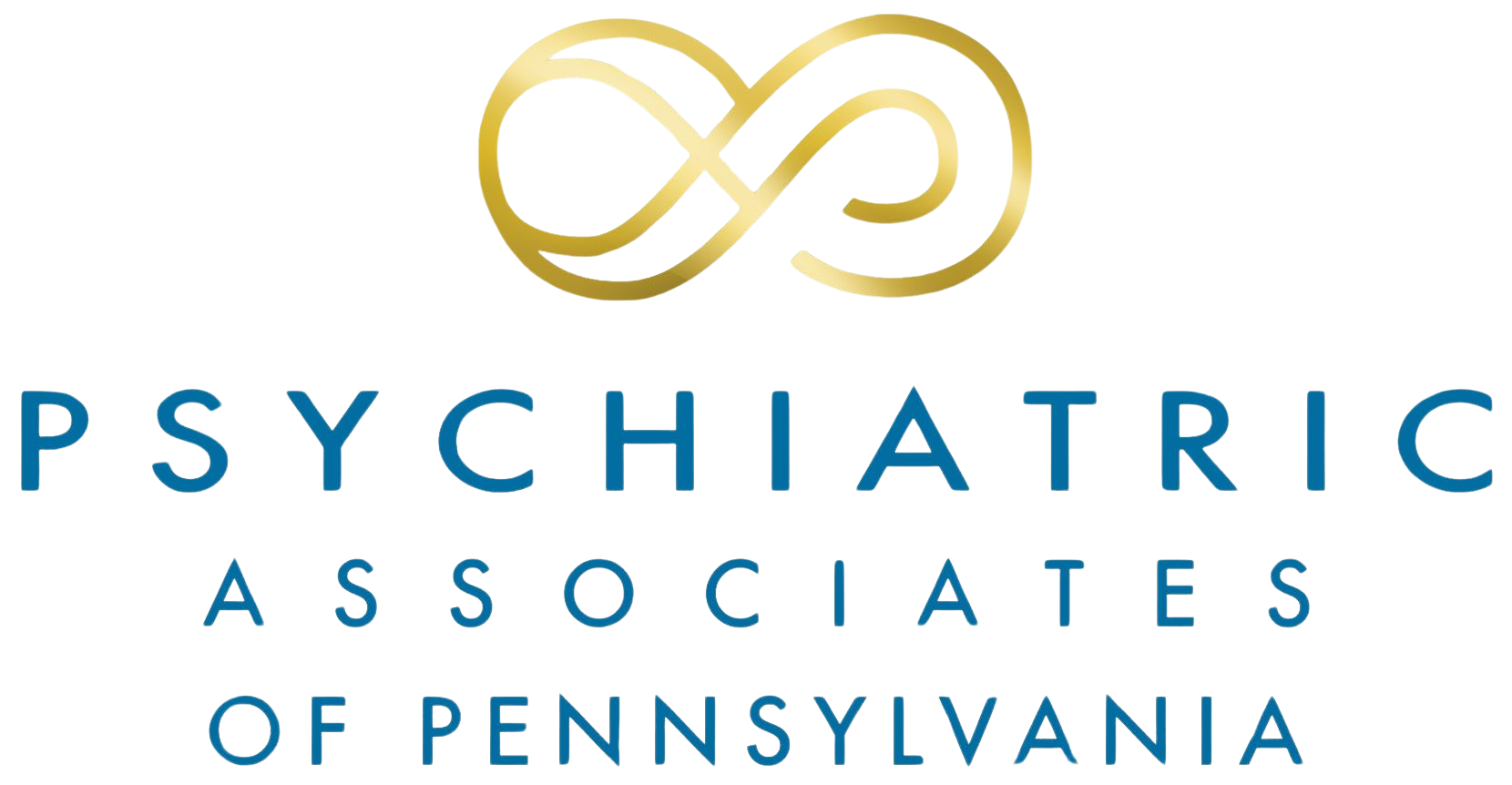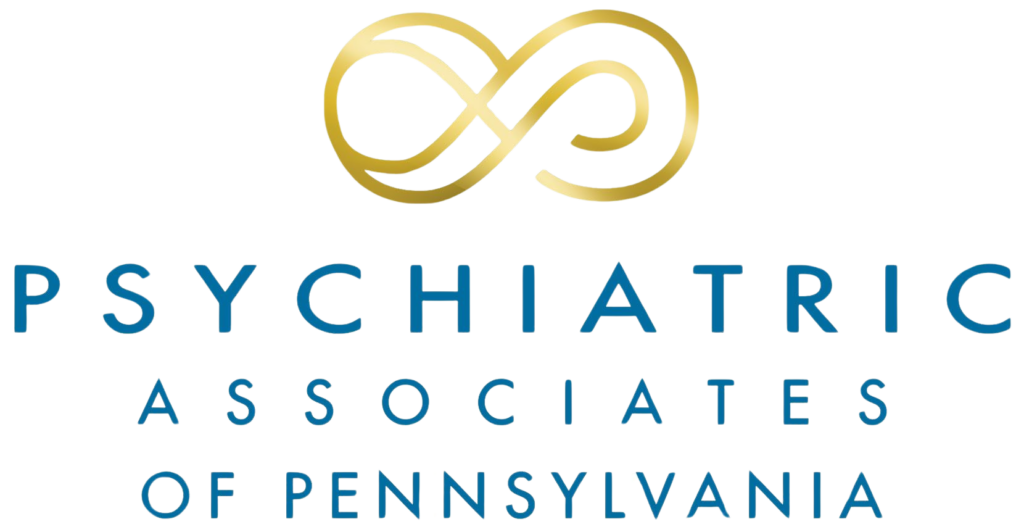What is family therapy?
Family therapy is a form of psychotherapy that involves working with families to address and resolve conflicts, improve communication, and strengthen relationships. It views the family as a system, where the behaviors and emotions of one member affect the entire group. Family therapists help families identify patterns that contribute to dysfunction and guide them in developing healthier interactions and coping mechanisms.
This therapy is used to address a wide range of issues, including marital problems, parent-child conflicts, and coping with major life changes or mental health conditions. The goal is to create a supportive and collaborative environment where family members can openly express their feelings and work together toward positive change.
What are the goals of family therapy?
The goals of family therapy can vary depending on the specific needs and circumstances of each family. However, here are some common goals that are often pursued in family therapy:
Enhance the family’s ability to communicate effectively and respectfully. This includes promoting active listening, assertiveness, and healthy expression of thoughts, feelings, and needs.
Identify and address conflicts within the family system and work towards resolving them in a constructive and mutually satisfactory manner. This involves understanding the underlying causes of conflicts, exploring different perspectives, and finding solutions that meet the needs of all family members.
Build stronger bonds and promote positive relationships among family members. This can involve fostering empathy, understanding, trust, and support within the family unit.
Equip the family with effective problem-solving strategies and coping mechanisms to navigate challenges and stressful situations. This includes learning how to approach conflicts and difficulties in a constructive and collaborative manner.
Support the personal growth and development of each family member. Family therapy can help individuals gain insight into their own patterns of behavior, emotions, and thoughts, and make positive changes that contribute to their overall well-being and the well-being of the family as a whole.
Assist the family in adapting to significant life events or transitions such as divorce, remarriage, blending of families, birth of a child, relocation, or loss of a family member. Family therapy can provide a supportive environment for processing emotions, adjusting roles and expectations, and finding new ways of functioning as a family.
Family therapy can be helpful in addressing specific challenges such as substance abuse, mental health issues, behavioral problems in children or adolescents, parenting difficulties, or conflicts related to cultural or generational differences.
It’s important to note that the goals of family therapy are collaborative and tailored to the unique needs and circumstances of each family. The therapist works together with the family to identify and prioritize goals, and the therapy process is often flexible and adaptive as progress is made and new challenges emerge.
How can family therapy help my family?
Parent coaching can offer numerous benefits to a family. Here are some ways in which parent coaching can help:
Parent coaching provides parents with guidance and tools to develop effective strategies for managing challenging behaviors, improving communication, setting boundaries, and promoting positive discipline techniques. This support can empower parents to respond to their children’s needs more effectively and create a harmonious family environment.
Parent coaching focuses on strengthening the parent-child bond by improving communication, fostering trust, and promoting positive interactions. It helps parents understand their child’s unique needs, temperament, and developmental stage, enabling them to build stronger connections and nurture a supportive and loving relationship.
Many parents may experience self-doubt or uncertainty about their parenting skills. Parent coaching offers validation, encouragement, and practical guidance, which can boost parents’ confidence and belief in their abilities to meet their children’s needs.
Parent coaching equips parents with effective strategies to address challenging behaviors such as tantrums, aggression, defiance, or sibling rivalry. By understanding the underlying causes of these behaviors and learning appropriate responses, parents can create a more positive and cooperative family dynamic.
Parent coaching provides parents with knowledge about child development milestones and age-appropriate expectations. This understanding helps parents support their children’s growth and development in areas such as social skills, emotional regulation, cognitive abilities, and self-esteem.
Parent coaching can address family conflicts or issues related to parenting styles, sibling rivalry, or transitions such as divorce or blended families. The coach can facilitate open communication, help family members understand each other’s perspectives, and guide them toward finding constructive solutions.
Parent coaching offers a safe space for parents to express their concerns, frustrations, or emotional challenges related to parenting. The coach provides empathy, validation, and emotional support, reducing parental stress and promoting their well-being.
Parent coaching can encourage parents to reflect on their own beliefs, values, and triggers related to parenting. It provides an opportunity for personal growth and self-awareness, helping parents develop healthier coping mechanisms, improve their self-regulation skills, and model positive behaviors for their children.
Parent coaching is a collaborative and empowering process that recognizes the unique strengths and needs of each family. By providing support, guidance, and practical strategies, parent coaching helps families navigate challenges, improve relationships, and create a nurturing and harmonious home environment.
How can we make the most of family therapy?
To make the most of family therapy, consider the following suggestions:
Attend therapy sessions consistently and prioritize them as important appointments. Regular attendance allows for continuity and progress in the therapeutic process.
Actively participate in therapy sessions by sharing your thoughts, feelings, and concerns. Be open and honest in your communication with the therapist and other family members. The more engaged you are, the more you can benefit from the therapy.
Approach therapy with an open mind and a willingness to explore new perspectives and solutions. Be receptive to feedback and suggestions from the therapist and other family members. Be open to challenging and reconsidering your own assumptions and beliefs.
Truly listen to what other family members are saying without interrupting or immediately formulating your response. Practice empathy and try to understand their perspective. Reflect back what you hear to ensure accurate understanding.
Create a respectful and compassionate environment within the therapy sessions. Treat each family member with kindness and understanding. Avoid blame or criticism and focus on finding solutions rather than dwelling on past conflicts.
Understand that change takes time and effort. Progress in family therapy may not always be linear, and setbacks may occur. Be patient with the process and allow space for everyone to grow and adjust at their own pace.
Take what you learn in therapy sessions and apply it to your daily life. Practice the communication and problem-solving skills you acquire during therapy. Actively work on implementing the changes and strategies discussed in therapy outside of the session.
In some cases, individual therapy alongside family therapy can be beneficial. If there are individual issues or challenges that need additional attention, consider pursuing individual therapy for specific family members.
Family therapy can be emotionally demanding, so it’s essential to prioritize self-care for yourself and other family members. Take care of your physical and emotional well-being by engaging in activities that reduce stress and promote relaxation.
Family therapy is often a journey that requires time and commitment. Stay committed to the process even when challenges arise. Trust in the therapeutic process and the guidance of the therapist.
Remember that the therapist is there to support and guide your family throughout the therapy process, but it is ultimately the family’s willingness to engage and work together that leads to positive outcomes. Open communication with the therapist about your goals, concerns, and any difficulties you may be experiencing can help ensure that therapy is tailored to your family’s specific needs.
What are the different types of family therapy?
There are several different types or approaches to family therapy, each with its own theoretical foundations and techniques. Some of the commonly practiced types of family therapy include:
This approach, developed by Salvador Minuchin, focuses on identifying and restructuring the patterns of interaction within the family. The therapist helps family members establish clear boundaries, hierarchies, and roles to promote healthier functioning.
Strategic therapy, influenced by the work of Jay Haley and Cloe Madanes, emphasizes brief and solution-focused interventions. The therapist actively directs and gives assignments to family members to disrupt problematic patterns and bring about change.
Named after Murray Bowen, this approach emphasizes understanding family dynamics through the lens of multigenerational relationships. It explores how patterns of interaction and emotional fusion are passed down through generations. The therapist helps family members gain insight and develop differentiation of self to break dysfunctional patterns.
Narrative therapy, developed by Michael White and David Epston, focuses on helping individuals and families separate themselves from their problems by externalizing them. It involves exploring and reauthoring dominant narratives to create new meanings and possibilities.
This goal-oriented approach, influenced by Steve de Shazer and Insoo Kim Berg, concentrates on finding solutions rather than dwelling on problems. The therapist helps the family identify their strengths, resources, and previous successful experiences to develop practical strategies for change.
Experiential approaches, such as Emotionally Focused Family Therapy (EFFT) or Satir Transformational Systemic Therapy (STST), focus on creating emotional experiences within therapy sessions to facilitate personal growth, healing, and change. These approaches often involve experiential techniques, such as role-playing, sculpting, or guided imagery.
Collaborative approaches, such as Collaborative Language Systems and Reflecting Team, emphasize a partnership between the therapist and the family. The therapist works together with the family to generate new perspectives, possibilities, and solutions.
MST is an intensive and evidence-based approach aimed at treating youth with serious behavioral problems. It involves working with the family within their natural environment and engaging multiple systems, such as school, community, and peers, to address the challenges.
It’s important to note that therapists may integrate techniques and concepts from different approaches based on the needs of the family. The choice of the approach depends on the presenting issues, therapist’s expertise, and the family’s goals and preferences.
















